38th Chess Olympiad
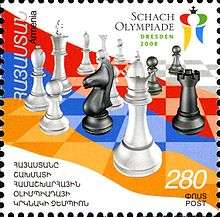
The 38th Chess Olympiad, organized by FIDE and comprising an open[1] and a women's tournament, as well as several other events designed to promote the game of chess, took place between 12–25 November 2008 in Dresden, Germany.[2] There were 146 teams in the open event and 111 in the women's event. In total, 1277 players were registered.
Both tournament sections were officiated by international arbiter Ignatius Leong (Singapore). In a change from recent Olympiads, the number of rounds of the Swiss system were reduced from 13 to 11 with accelerated pairings. For the first time, the women's division, like the open division, was played over four boards per round, with each team allowed one alternate for a total of five players. In another first, the final rankings were determined by match points, not game points. In the event of a draw, the tie-break was decided by 1. Deducted Sonneborn-Berger; 2. Deducted sum of match points; 3. Game points.[3]
The time control for each game permitted each player 90 minutes their first 40 moves and 30 minutes for the rest of the game, with an additional 30 seconds increment for each player after each move, beginning with the first. As a new rule, no draws by agreement were permitted before 30 moves had been completed. Yet there were games drawn as soon as the 16th move, formally drawn by repetition against which there was no rule.[4] In addition, players who were not present at the board at the commencement of a round automatically forfeited the game. This rule was implemented to align chess with other sports events.[5]
Open event

The open division was contested by 146 teams representing 141 nations. Germany, as hosts, fielded three teams, whilst the International Braille Chess Association (IBCA), the International Physically Disabled Chess Association (IPCA), and the International Committee of Silent Chess (ICSC) each provided one squad. Morocco were signed up, but never appeared for their first round match and were disqualified.
Defending champions Armenia, once again led by Levon Aronian, clinched their second consecutive title. Despite being seeded only eighth, they won nine out of eleven matches, drew against fourth-placed Ukraine and lost only (1½-2½) to runners-up Israel, captained by Boris Gelfand. The Israelis finished one point behind Armenia. The United States, led by Gata Kamsky, took the bronze medals on a better tie break score than Vasyl Ivanchuk and the rest of the Ukrainian team after defeating Ukraine (3½-½) in the last round.
Once again, the Russian team under captain Vladimir Kramnik were the pre-tournament favourites but finished disappointingly in fifth place. Kramnik, having recently lost a world championship match, performed well below his rating, as did the rest of the team, except alternate Dmitry Yakovenko who won the reserve board.
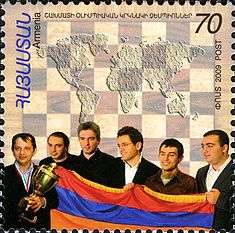
Arguably the biggest surprise of the tournament was Vietnam, who weren't even seeded in the top 30, but still managed to finish in ninth place, aided somewhat by the new tournament structure which allotted them some weaker opponents, although they did manage a 2-2 result against China. The German hosts finished 13th, while India, without World Champion Viswanathan Anand, had to settle for 16th place.
Open event results, #1–#10 # Country Players Average
ratingMP dSB 1  Armenia
Armenia Aronian, Akopian, Sargissian, Petrosian, Minasian 2677 19 2  Israel
Israel Gelfand, Roiz, Avrukh, Postny, Rodshtein 2682 18 3  United States
United States Kamsky, Nakamura, Onischuk, Shulman, Akobian 2673 17 362.0 4  Ukraine
Ukraine Ivanchuk, Karjakin, Eljanov, Efimenko, Volokitin 2729 17 348.5 5  Russia
Russia Kramnik, Svidler, Grischuk, Morozevich, Yakovenko 2756 16 375.0 6  Azerbaijan
Azerbaijan Radjabov, Mamedyarov, Gashimov, Guseinov, Mamedov 2709 16 359.5 7  China
China Wang Yue, Bu Xiangzhi, Ni Hua, Wang Hao, Li Chao 2714 16 357.5 8  Hungary
Hungary Lékó, Polgár, Almási, Balogh, Berkes 2692 16 341.5 9  Vietnam
Vietnam Nguyen Ngoc Truong Son, Lê Quang Liêm,
Dao Thien Hai, Nguyen Van Huy, Tu Hoang Thong2539 16 340.0 10  Spain
Spain Shirov, Vallejo Pons, Illescas Córdoba,
Khamrakulov, San Segundo Carrillo2644 16 337.5 Open event results, #11–end (#146) # Country Average
ratingMP dSB dSMP 11  Georgia
Georgia 2618 16 321.0 12  Netherlands
Netherlands 2609 15 343.0 13  Germany
Germany 2647 15 339.0 14  Bulgaria
Bulgaria 2691 15 327.5 15  England
England 2629 15 320.0 16  India
India 2634 15 310.0 17  Slovenia
Slovenia 2583 15 288.0 18  Belarus
Belarus 2602 14 307.0 19  Romania
Romania 2631 14 306.5 20  Serbia
Serbia 2604 14 302.0 21  Norway
Norway 2611 14 300.0 22  France
France 2690 14 295.0 23  Cuba
Cuba 2626 14 294.5 24  Greece
Greece 2585 14 292.5 25  Sweden
Sweden 2576 14 286.0 26  Montenegro
Montenegro 2522 14 279.0 27  Croatia
Croatia 2588 14 275.5 28  Canada
Canada 2500 14 272.5 29  Poland
Poland 2609 13 301.0 30  Bosnia and Herzegovina
Bosnia and Herzegovina 2577 13 294.0 31  Slovakia
Slovakia 2587 13 290.0 32  Finland
Finland 2491 13 287.5 33  Estonia
Estonia 2495 13 282.0 34  Lithuania
Lithuania 2548 13 278.0 35  Germany "C"
Germany "C" 2506 13 276.5 122 36  Turkey
Turkey 2496 13 276.5 121 37  Kazakhstan
Kazakhstan 2555 13 272.5 38  Czech Republic
Czech Republic 2611 13 270.5 39  Denmark
Denmark 2566 13 268.5 40  Iran
Iran 2524 13 265.0 41  Italy
Italy 2521 13 261.0 42  Germany "B"
Germany "B" 2523 13 259.0 43 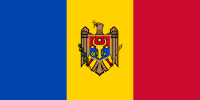 Moldova
Moldova 2585 13 258.5 44  Latvia
Latvia 2522 13 257.5 45  Austria
Austria 2486 13 252.5 46  Philippines
Philippines 2526 13 250.0 47  Bangladesh
Bangladesh 2486 13 249.0 48 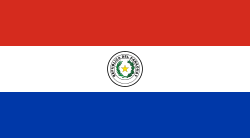 Paraguay
Paraguay 2415 13 220.5 49  Colombia
Colombia 2459 12 257.0 50 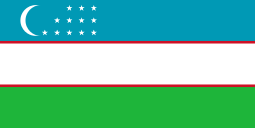 Uzbekistan
Uzbekistan 2557 12 256.5 51  Switzerland
Switzerland 2541 12 251.0 52  Indonesia
Indonesia 2387 12 249.5 53  Scotland
Scotland 2512 12 249.0 54  Brazil
Brazil 2460 12 240.0 55  Portugal
Portugal 2441 12 237.5 56  Egypt
Egypt 2497 12 232.0 57  Australia
Australia 2488 12 222.5 58  South Africa
South Africa 2315 12 220.5 59 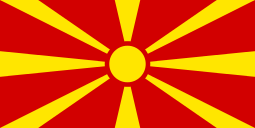 Macedonia
Macedonia 2525 12 220.0 60  Ireland
Ireland 2452 12 218.5 61 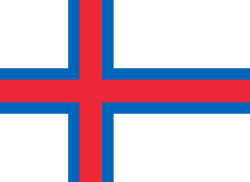 Faroe Islands
Faroe Islands 2364 12 213.5 62  Singapore
Singapore 2352 12 210.5 63  United Arab Emirates
United Arab Emirates 2332 12 191.0 64  Iceland
Iceland 2420 11 246.0 65  Pakistan
Pakistan 2031 11 234.5 66  Qatar
Qatar 2400 11 225.5 67  Venezuela
Venezuela 2444 11 224.5 68 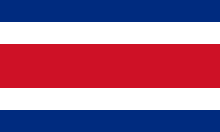 Costa Rica
Costa Rica 2403 11 223.5 69  Argentina
Argentina 2572 11 221.5 70 .svg.png) Belgium
Belgium 2395 11 215.5 71 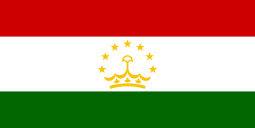 Tajikistan
Tajikistan 2358 11 207.0 72  Ecuador
Ecuador 2408 11 206.0 73 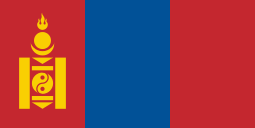 Mongolia
Mongolia 2372 11 188.5 74  Mexico
Mexico 2423 11 188.0 75  Luxembourg
Luxembourg 2286 11 177.5 76  Jordan
Jordan 2288 11 175.5 77  Japan
Japan 2206 11 174.5 78 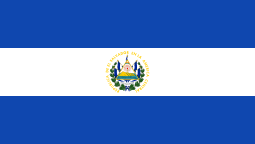 El Salvador
El Salvador 2300 11 173.5 79 ICSC 2305 11 166.5 80 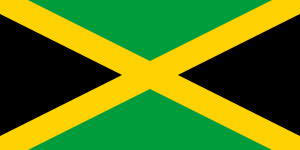 Jamaica
Jamaica 2217 11 165.0 81 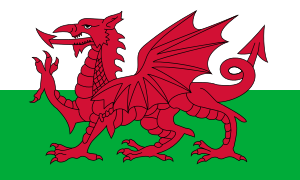 Wales
Wales 2263 11 158.0 82 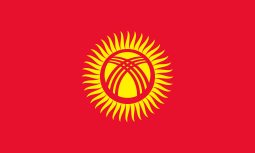 Kyrgyzstan
Kyrgyzstan 2337 10 222.5 83 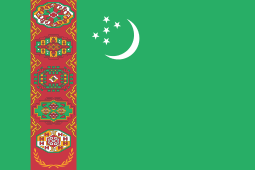 Turkmenistan
Turkmenistan 2355 10 200.5 84  Syria
Syria 2312 10 192.5 85 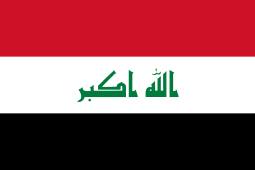 Iraq
Iraq 2290 10 188.5 86 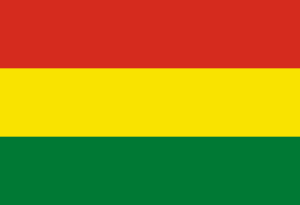 Bolivia
Bolivia 2313 10 183.5 87 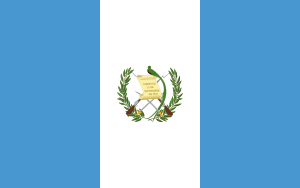 Guatemala
Guatemala 2263 10 182.5 88 IPCA 2358 10 178.5 89  Algeria
Algeria 2340 10 174.0 90  Dominican Republic
Dominican Republic 2358 10 167.5 91 IBCA 2318 10 166.0 92  Albania
Albania 2102 10 162.5 93  Panama
Panama 2206 10 161.0 94  Sri Lanka
Sri Lanka 2169 10 160.0 95 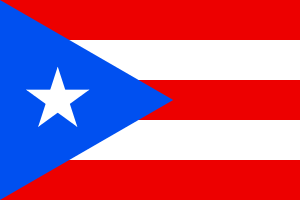 Puerto Rico
Puerto Rico 2228 10 159.0 96  Malaysia
Malaysia 2362 10 157.5 97  New Zealand
New Zealand 2370 10 152.0 98 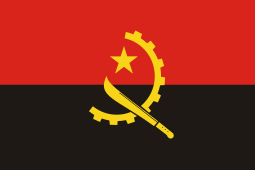 Angola
Angola 2231 10 151.5 99  Lebanon
Lebanon 2312 10 150.5 100  Thailand
Thailand 2272 10 140.5 101 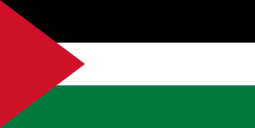 Palestine
Palestine 2306 9 177.5 102  Nigeria
Nigeria 1988 9 174.0 103 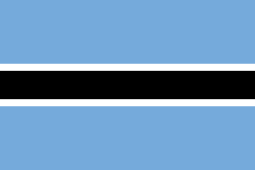 Botswana
Botswana 2185 9 173.0 104  Monaco
Monaco 2275 9 171.0 105  Tunisia
Tunisia 2310 9 163.5 106 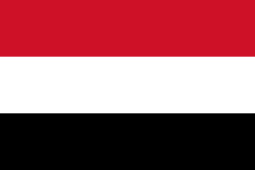 Yemen
Yemen 2332 9 163.5 107 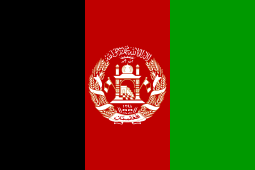 Afghanistan
Afghanistan 2095 9 152.0 108 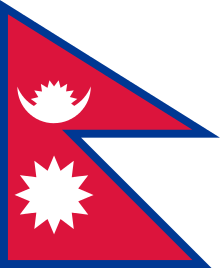 Nepal
Nepal 2022 9 148.0 109  South Korea
South Korea 2068 9 146.5 110 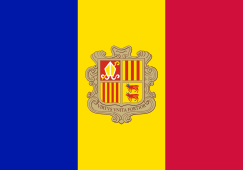 Andorra
Andorra 2256 9 144.0 111 .svg.png) Libya
Libya 2145 9 141.0 112 .svg.png) Netherlands Antilles
Netherlands Antilles 2168 9 135.5 113  Malta
Malta 2177 9 134.0 114  Uruguay
Uruguay 2287 9 130.5 115 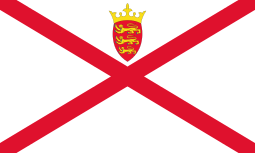 Jersey
Jersey 1742 9 127.0 116  Nicaragua
Nicaragua 2238 9 120.0 117 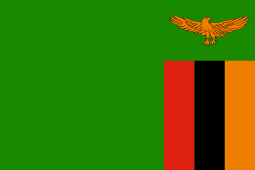 Zambia
Zambia 2082 8 140.5 118 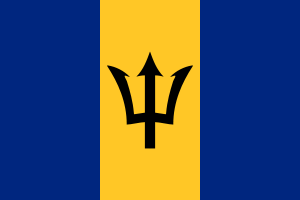 Barbados
Barbados 2142 8 136.0 119 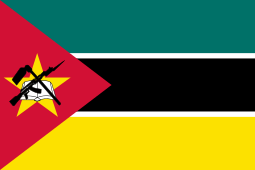 Mozambique
Mozambique 1775 8 132.0 120  Uganda
Uganda 2175 8 126.0 121 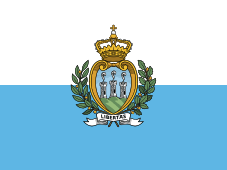 San Marino
San Marino 1907 8 124.5 122  Cyprus
Cyprus 2144 8 120.0 123 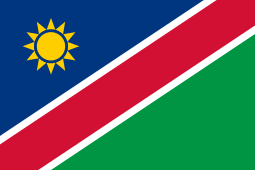 Namibia
Namibia 1937 8 116.5 124 .svg.png) Ethiopia
Ethiopia 1769 8 108.0 125 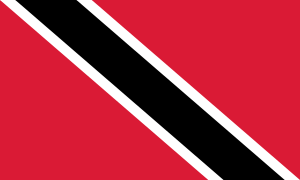 Trinidad and Tobago
Trinidad and Tobago 2173 8 106.5 126 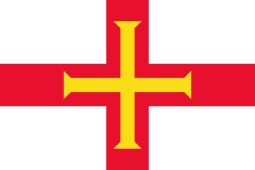 Guernsey
Guernsey 2055 8 97.0 127 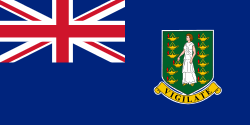 British Virgin Islands
British Virgin Islands 1952 8 95.5 128 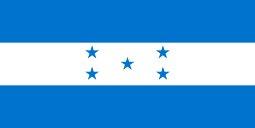 Honduras
Honduras 1968 7 129.0 129 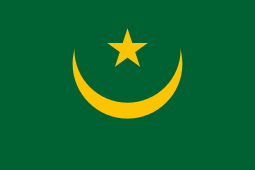 Mauritania
Mauritania 2139 7 116.0 130 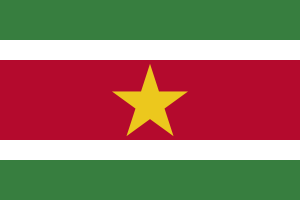 Suriname
Suriname 2141 7 110.0 131  Kenya
Kenya 2164 7 109.0 132  Hong Kong
Hong Kong 2023 7 106.0 133 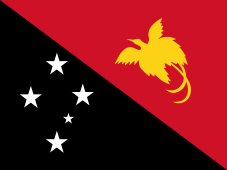 Papua New Guinea
Papua New Guinea 1896 7 94.5 134 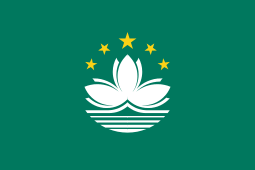 Macau
Macau 2020 7 94.0 135 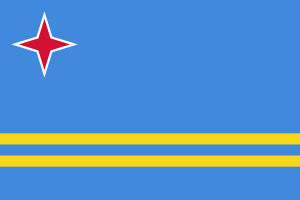 Aruba
Aruba 2034 7 92.0 136 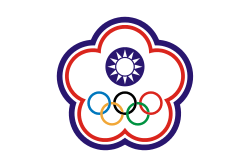 Chinese Taipei
Chinese Taipei 1846 7 85.0 137 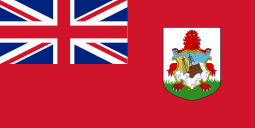 Bermuda
Bermuda 1978 7 81.0 138 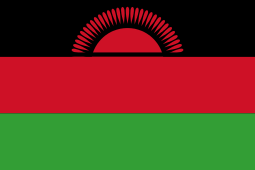 Malawi
Malawi 1400 6 116.5 139 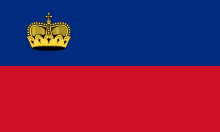 Liechtenstein
Liechtenstein 2086 6 88.0 140  Ghana
Ghana 1400 6 77.0 141 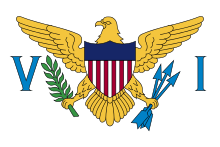 United States Virgin Islands
United States Virgin Islands 1400 6 43.0 142 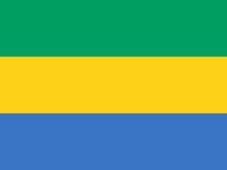 Gabon
Gabon 1400 5 87.0 143 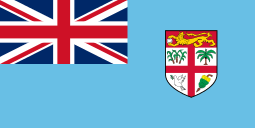 Fiji
Fiji 1923 5 73.0 144 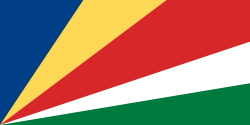 Seychelles
Seychelles 1710 5 68.5 145 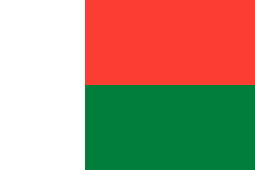 Madagascar
Madagascar 1400 4 146 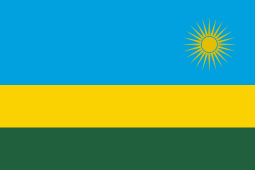 Rwanda
Rwanda 1608 3
Group prizes
In addition to the overall medals, prizes were given out to the best teams in five different seeding groups - in other words, the teams who exceeded their seeding the most. Overall medal winners were not eligible for group prizes.
Group Prizes Group Seeding
rangeTeam MP dSB A 1-29  Ukraine
Ukraine 17 348.5 B 30-58  Vietnam
Vietnam 16 340.0 C 59-87  Paraguay
Paraguay 13 220.5 D 88-116  Luxembourg
Luxembourg 11 177.5 E 117-146  Pakistan
Pakistan 11 234.5
Individual medals
For the first time, all board prizes were given out according to performance ratings. Accordingly, there was no overall prize, although Sargissian on the third board had the best performance of all players at the tournament:
- Board 1:
 Peter Leko 2834
Peter Leko 2834 - Board 2:
 Vladimir Akopian 2813
Vladimir Akopian 2813 - Board 3:
 Gabriel Sargissian 2869
Gabriel Sargissian 2869 - Board 4:
 Dragisa Blagojevic 2792
Dragisa Blagojevic 2792 - Reserve:
 Dmitry Yakovenko 2794
Dmitry Yakovenko 2794
Women's section
The women's division was contested by 111 teams representing 106 nations. Germany, as hosts, fielded three teams, whilst the International Braille Chess Association (IBCA), the International Physically Disabled Chess Association (IPCA), and the International Committee of Silent Chess (ICSC) each provided one squad.
Georgia won their fourth title, 12 years after the third one, narrowly defeating Ukraine on tie breaks. The two teams didn't meet during the tournament, but when the Ukrainians only drew their penultimate match against Serbia while the Georgians defeated former champions China (2½-1½), the gold was Georgia's to lose. In the last round they record a win (3-1) against the Serbian, who thus came to play a crucial role in the fight for the title, despite finishing in seventh place themselves. The Georgian team were led by former World Champion, 47-year-old Maia Chiburdanidze, who delivered a stellar performance, winning the top board with the best performance of the tournament.
The United States clinched the bronze medals on tie breaks, just ahead of Russia (with newly crowned World Champion Alexandra Kosteniuk) and Poland. The German hosts finished in 21st place.
Women's section results, #1–#10 # Country Players Average
ratingMP dSB 1  Georgia
Georgia Chiburdanidze, Dzagnidze, Javakhishvili, Lomineishvili, Khukhashvili 2476 18 411.5 2  Ukraine
Ukraine Lahno, Zhukova, Ushenina, Gaponenko, Zdebskaya 2486 18 406.5 3  United States
United States Krush, Zatonskih, Goletiani, Rohonyan, Abrahamyan 2396 17 390.5 4  Russia
Russia Kosteniuk, T. Kosintseva, N. Kosintseva, Korbut, Pogonina 2495 17 367.0 5  Poland
Poland Soćko, Rajlich, Zawadzka, Majdan, Przeździecka 2386 17 364.5 6  Armenia
Armenia Danielian, Mkrtchian, Aginian, Galojan, Andriasian 2397 16 353.0 7  Serbia
Serbia Marić, Bojković, Stojanović, Chelushkina, Benderać 2386 16 318.5 8  China
China Hou Yifan, Zhao Xue, Shen Yang, Ju Wenjun, Tan Zhongyi 2486 15 392.5 9  Israel
Israel Klinova, Borsuk, Igla, Vasiliev, Efroimski 2304 15 325.0 10  Belarus
Belarus Sharevich, Popova, Azarova, Berlin, Klimets 2278 15 317.5 Women's section results, #11–end (#111) # Country Average
ratingMP dSB dSMP 11  Romania
Romania 2348 15 306.5 12  Italy
Italy 2245 15 280.0 13  France
France 2427 14 336.5 14  Hungary
Hungary 2389 14 321.0 15  India
India 2388 14 320.5 16  Slovakia
Slovakia 2348 14 299.5 17  Mongolia
Mongolia 2161 14 289.0 18  Netherlands
Netherlands 2323 14 286.0 19  Bulgaria
Bulgaria 2375 14 282.0 20  Croatia
Croatia 2259 14 281.5 21  Germany
Germany 2379 14 279.0 22  Uzbekistan
Uzbekistan 2181 14 267.0 23  Spain
Spain 2296 14 266.5 24  Greece
Greece 2317 13 307.5 25  Cuba
Cuba 2289 13 288.0 26  Vietnam
Vietnam 2292 13 272.5 27  Austria
Austria 2231 13 269.5 28  Latvia
Latvia 2264 13 266.5 29  Argentina
Argentina 2260 13 262.0 30  Turkey
Turkey 2184 13 249.5 31  Azerbaijan
Azerbaijan 2261 13 246.5 32  Estonia
Estonia 2174 13 245.5 33  Moldova
Moldova 2246 13 238.0 34  Germany "B"
Germany "B" 2159 13 236.0 35  Montenegro
Montenegro 2242 13 227.5 36  Czech Republic
Czech Republic 2321 12 270.0 37  Slovenia
Slovenia 2359 12 260.0 38  Sweden
Sweden 2317 12 258.5 39  Iran
Iran 2194 12 258.0 40  Switzerland
Switzerland 2210 12 257.5 41  Colombia
Colombia 2179 12 255.5 42  Indonesia
Indonesia 2021 12 237.5 43  Philippines
Philippines 2134 12 232.0 44  Luxembourg
Luxembourg 2185 12 227.5 45  Kazakhstan
Kazakhstan 2240 12 226.5 46  Portugal
Portugal 2145 12 218.0 47  Germany "C"
Germany "C" 2142 12 208.5 48  Brazil
Brazil 2077 12 196.0 49  Kyrgyzstan
Kyrgyzstan 2093 12 182.0 50  England
England 2248 11 250.0 51  Lithuania
Lithuania 2294 11 239.0 52  Ecuador
Ecuador 2223 11 230.0 53  Norway
Norway 2193 11 224.0 54  Finland
Finland 2014 11 205.0 55  Dominican Republic
Dominican Republic 2022 11 200.5 56  Scotland
Scotland 1986 11 199.5 57  South Africa
South Africa 1938 11 198.0 58  Turkmenistan
Turkmenistan 2063 11 194.5 59  Bosnia and Herzegovina
Bosnia and Herzegovina 2110 11 193.0 60  Iceland
Iceland 2029 11 191.0 61 IPCA 2018 11 180.0 62  New Zealand
New Zealand 1912 11 174.5 63  Australia
Australia 2122 10 209.0 64  El Salvador
El Salvador 2098 10 199.5 65  Canada
Canada 2124 10 190.0 66  Mexico
Mexico 2106 10 184.0 67  Venezuela
Venezuela 2108 10 178.0 68  Guatemala
Guatemala 1920 10 176.0 69 IBCA 2035 10 168.0 70  Denmark
Denmark 2098 10 163.5 71  Bolivia
Bolivia 1978 10 162.0 72 ICSC 2130 10 161.0 73  Algeria
Algeria 1936 10 158.0 74  Bangladesh
Bangladesh 2093 10 156.0 75  Tajikistan
Tajikistan 1767 10 155.0 104 76  Syria
Syria 1808 10 155.0 96 77  Albania
Albania 2004 10 151.0 78  Sri Lanka
Sri Lanka 1850 9 169.5 79  Wales
Wales 1891 9 145.0 80  Uruguay
Uruguay 1882 9 140.0 107 81  Puerto Rico
Puerto Rico 1870 9 140.0 103 82  Lebanon
Lebanon 1802 9 139.0 83  Costa Rica
Costa Rica 1861 9 129.0 84  Paraguay
Paraguay 1725 9 127.0 85  Qatar
Qatar 1656 9 121.0 86  Chinese Taipei
Chinese Taipei 1556 9 118.5 87  Iraq
Iraq 1706 9 117.5 88  Egypt
Egypt 1842 8 142.0 89  United Arab Emirates
United Arab Emirates 1805 8 129.0 90  Angola
Angola 1506 8 124.0 91  Tunisia
Tunisia 1490 8 119.0 92  Yemen
Yemen 1400 8 114.5 93  Botswana
Botswana 1529 8 113.5 94  Ireland
Ireland 1534 8 90.5 95  Barbados
Barbados 1400 8 81.0 96  Japan
Japan 1621 7 119.5 97  Nigeria
Nigeria 1400 7 111.0 98  Honduras
Honduras 1400 7 106.0 99  Suriname
Suriname 1498 7 105.0 100  Malta
Malta 1731 7 101.5 101 .svg.png) Libya
Libya 1400 7 92.5 102  Pakistan
Pakistan 1400 7 90.0 103  Panama
Panama 1641 7 82.5 104  Macau
Macau 1554 7 79.5 105  Fiji
Fiji 1551 7 74.5 106  South Korea
South Korea 1469 7 66.5 107  Trinidad and Tobago
Trinidad and Tobago 1667 7 58.0 108  Aruba
Aruba 1400 6 109  Kenya
Kenya 1400 5 110  Seychelles
Seychelles 1400 3 111  Afghanistan
Afghanistan 1400 1
Individual medals
For the first time, all board prizes were given out according to performance ratings. Accordingly, there was no overall prize, although reborn ex-champion Chiburdanidze on the top board had the best performance of all players at the tournament:
- Board 1:
 Maia Chiburdanidze 2715
Maia Chiburdanidze 2715 - Board 2:
 Anna Zatonskih 2571
Anna Zatonskih 2571 - Board 3:
 Nadezhda Kosintseva 2591
Nadezhda Kosintseva 2591 - Board 4:
 Joanna Majdan 2621
Joanna Majdan 2621 - Reserve:
 Natalia Zdebskaya 2528
Natalia Zdebskaya 2528
Overall title
The Nona Gaprindashvili Trophy is awarded to the nation that has the highest toal number of match points in the open and women's divisions combined. Where two or more teams are tied, they are ordered by the same tie breakers as in the two separate events.
The trophy, named after the former women's World Champion (1961–78), was created by FIDE in 1997.
| # | Team | MP | dSB |
|---|---|---|---|
| 1 | |
35 | 755.0 |
| 2 | |
35 | 753.5 |
| 3 | |
34 |
Bibliography
- Harald Fietz, Josip Asik, Anna Burtasova: Olympiad United! Dresden 2008. Verlag Schach Wissen, Berlin 2009. ISBN 978-3-9813348-0-7
Notes
- ↑ Although commonly referred to as the men's division, this section is open to both male and female players.
- ↑ FIDE Calendar 2008. fide.com
- ↑ FIDE Handbook Retrieved on 2012-09-03.
- ↑ Dresden 2008. dresden2008.de
- ↑ Let the Games Begin in Dresden uschess.org, Mike Klein, 13 November 2008
External links
| Wikimedia Commons has media related to Chess Olympiad 2008. |
- 38th Chess Olympiad: Dresden 2008 OlimpBase
- Official website
- Open section results
- Women's section results